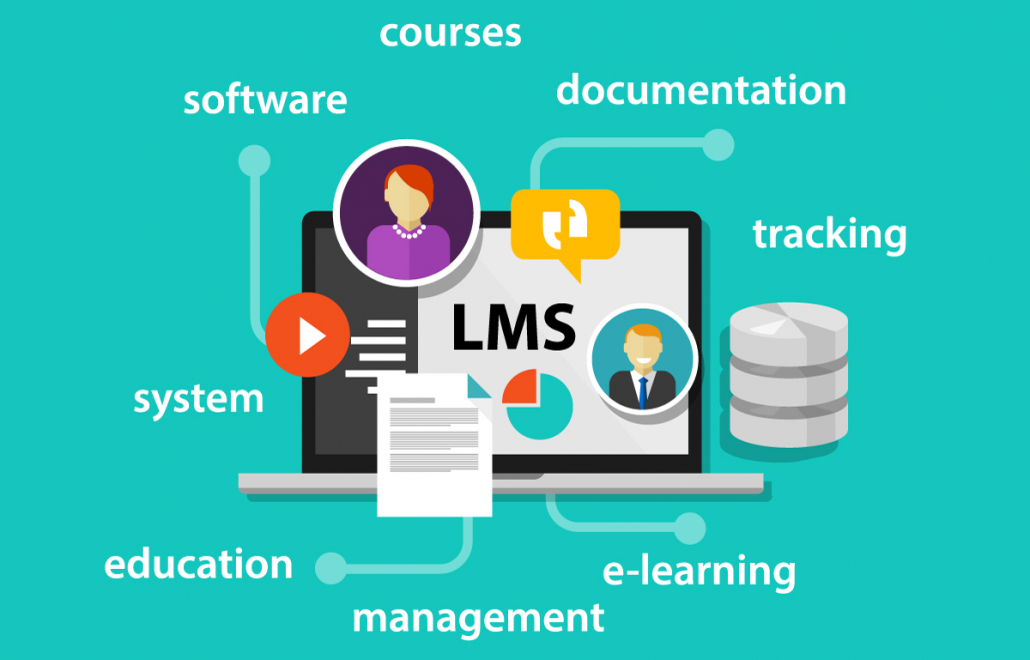Using an LMS for Streamlined Employee Onboarding

Getting new employees up to speed quickly and efficiently is critical. One of the most effective tools to achieve this is a Learning Management System (LMS). At Disrupt Learning and Education, we believe in helping organisations harness the full potential of an LMS to transform their onboarding process, making it streamlined, engaging, and measurable. This blog explores how an LMS can revolutionise the way you onboard employees, focusing on how it enhances the process without promoting specific products, but rather the principles that guide its use.
Why Use an LMS for Onboarding?
An LMS provides a centralised, flexible solution to manage all onboarding tasks, allowing you to create a structured training experience that’s consistent across the organisation. Instead of traditional, time-consuming training sessions, an LMS enables you to deliver content in a more dynamic and accessible way. Training materials, from company policies to role-specific instructions, can be uploaded and categorised within the platform, ensuring that new hires have all the resources they need in one place.
One of the key advantages of using an LMS for onboarding is that it allows employees to move at their own pace. Whether they’re revisiting certain modules or working through quizzes and assessments, new hires have the ability to learn in a way that suits their individual learning styles. The flexibility of this approach is particularly valuable in today’s hybrid or remote working environments, where employees may not always be in the office. Additionally, automating routine tasks—such as sending reminders, tracking progress, or generating reports—helps HR teams focus on providing a more personalised onboarding experience.
Building Custom Induction Pathways
One of the most powerful features of an LMS is the ability to create induction pathways tailored to different roles or departments. This structured approach allows new hires to move through onboarding step-by-step, starting with broader company overviews and then narrowing down to role-specific training. We encourage organisations to break down the onboarding process into logical modules, ensuring that every new hire receives the right information at the right time.
By setting up induction pathways, you not only ensure that each employee receives consistent training but also that their progress is trackable. You can create prerequisites so employees must complete one section before moving to the next, ensuring they fully understand each part of their role before advancing. This also allows for greater customisation, as pathways can be adjusted based on an employee’s experience, department, or the complexity of their role.
Interactive elements, such as quizzes, videos, and discussions, can be integrated into these pathways, providing a more engaging learning experience. The interactive nature of the LMS also fosters collaboration and networking among new hires, allowing them to engage with peers or mentors early on. The goal of this induction pathway is to help employees feel supported, informed, and well-equipped to become productive members of the team.
Tracking Employee Progress with Built-In LMS Reporting
Another significant advantage of an LMS is the ability to track and measure an employee’s progress throughout the onboarding process. At Disrupt Learning and Education, we emphasise the importance of having clear, real-time insights into how new hires are performing. Most LMS platforms come with built-in dashboards that offer a snapshot of each employee’s journey, from completed modules to quiz scores. This level of transparency makes it easier for managers to identify where an employee might be excelling or struggling, and to intervene early if additional support is needed.
Beyond these high-level dashboards, detailed reporting tools allow HR teams to generate in-depth reports that break down various data points, such as time spent on each module, overall completion rates, and scores on assessments. Automated reports can be delivered to managers, making it easier to stay on top of the onboarding process without needing to manually track each individual’s progress. These reports also allow you to benchmark against industry standards or internal KPIs, ensuring your onboarding programme is both effective and scalable.
Why an LMS is the Future of Onboarding
In an era where efficiency and adaptability are crucial, using an LMS for onboarding offers a wide range of benefits. It standardises training, making it consistent across all departments, while also allowing for customisation based on individual needs. Employees can engage with the material at their own pace, and organisations can monitor progress in real-time with advanced reporting tools. By adopting an LMS for onboarding, you create a more agile, effective, and scalable approach to welcoming new talent into your organisation.
We are passionate about helping organisations leverage LMS solutions to build better, more productive onboarding experiences. By focusing on how you use an LMS rather than promoting specific products, we believe in empowering organisations to make the most of their onboarding strategy—ensuring every new hire has a smooth transition and sets the foundation for long-term success.
Talk to us about onboarding with an LMS
We can help you leverage the power of an LMS to create a seamless and engaging experience for new employees. Contact us today to learn how you can streamline your onboarding and set your team up for long-term success!


